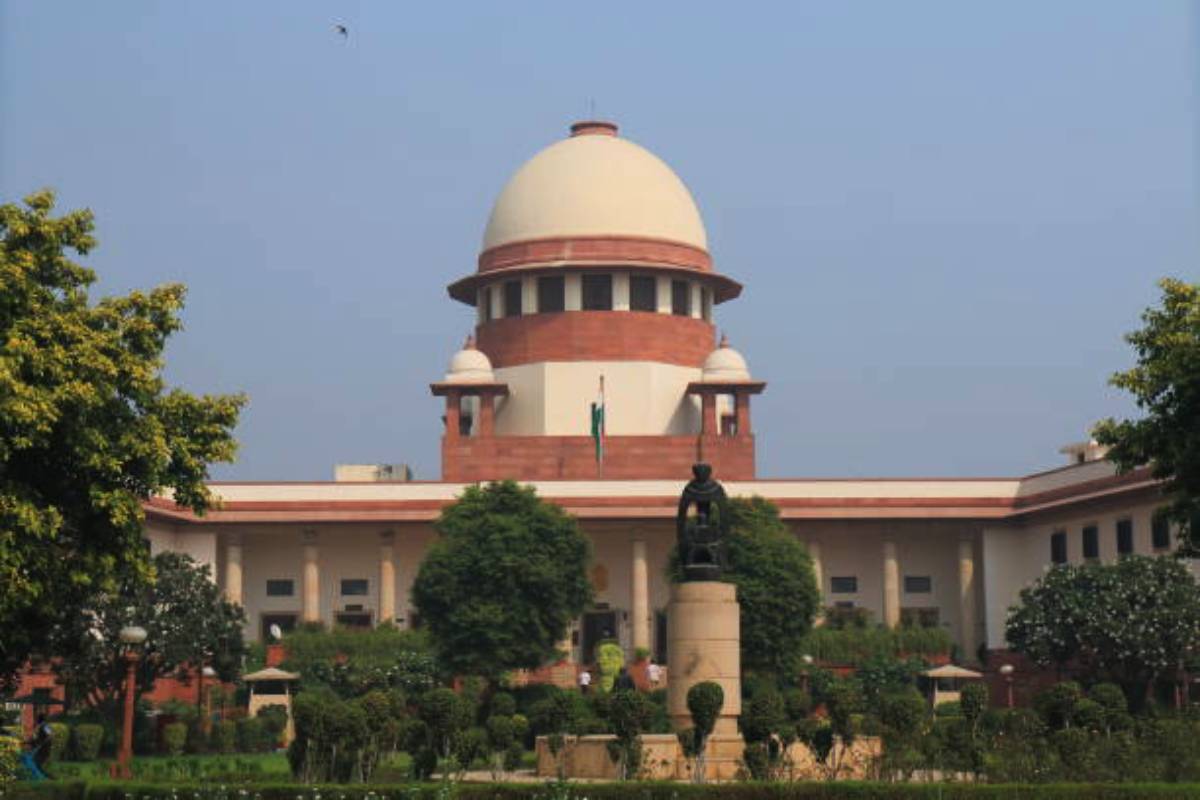India’s Got Latent: SC issues notice on YouTuber Ashish Chanchlani’s plea against FIRs
SC issues notice on YouTuber Ashish Chanchlani’s plea to quash or transfer FIR in India’s Got Latent case; tagged with Ranveer Allahabadia’s petition.
A bench headed by the Chief Justice had said one of the aspects could be to look at the matter from the point of view of science and technology.

Supreme Court of India
The Centre on Tuesday informed the Supreme Court that the government is considering appointing an expert committee to examine whether a less painful method of execution than hanging by the neck, for prisoners on death row, can be found.
Attorney General (AG) R. Venkataramani, representing the Centre, submitted before a bench headed by Chief Justice of India D.Y. Chandrachud and comprising Justice J.B. Pardiwala that deliberations are going on and if the court would take up the matter after a week, then he can return with a response.
Advertisement
“I have suggested (forming a committee) and we are working towards that and gathering some names,” he said.
Advertisement
The Chief Justice, recording Venkataramani’s statement, said that “the AG states that the government is considering the appointment of committee”, and scheduled the matter for further hearing in July.
On March 21, the Supreme Court said it was open to set up a panel of experts, while asking the Centre to initiate a discussion and collect relevant information to examine if there is a less painful method alternative to hanging by neck to execute the death penalty.
A bench headed by the Chief Justice had said one of the aspects could be to look at the matter from the point of view of science and technology.
He further added that is there a method which is consistent with human dignity and socially acceptable, based on today’s knowledge of technology and science?
“Do we have any data either in India or overseas relating to the circumstances as they transpired in the execution of sentence of death with alternate methods?” the bench queried.
The apex court was hearing a writ petition by advocate Rishi Malhotra seeking a direction for quashing of the provision contained under Section 354(5) of the Criminal Procedure Code as ultra vires the Constitution and especially Article 21 being discriminatory and also in contravention of the constitution bench judgment in Gian Kaur’s case.
Malhotra had contented that he is challenging the method of execution of death sentence in India — by hanging by neck till the prisoner is dead.
The plea, citing Kaur’s judgment, said: “the Right to Life including the Right to Live with human dignity would mean the existence of such a right up to the end of natural life. This also includes the right to a dignified life up to the point of death including a dignified procedure of death. In other words, this may include the right of a dying man to also die with dignity when his life is ebbing out.”
The apex court, in October 2017, had issued notice to the Centre noting the contention of the petitioner that the convict whose life has to end because of the conviction and the sentence should not be compelled to suffer the pain of hanging.
Advertisement